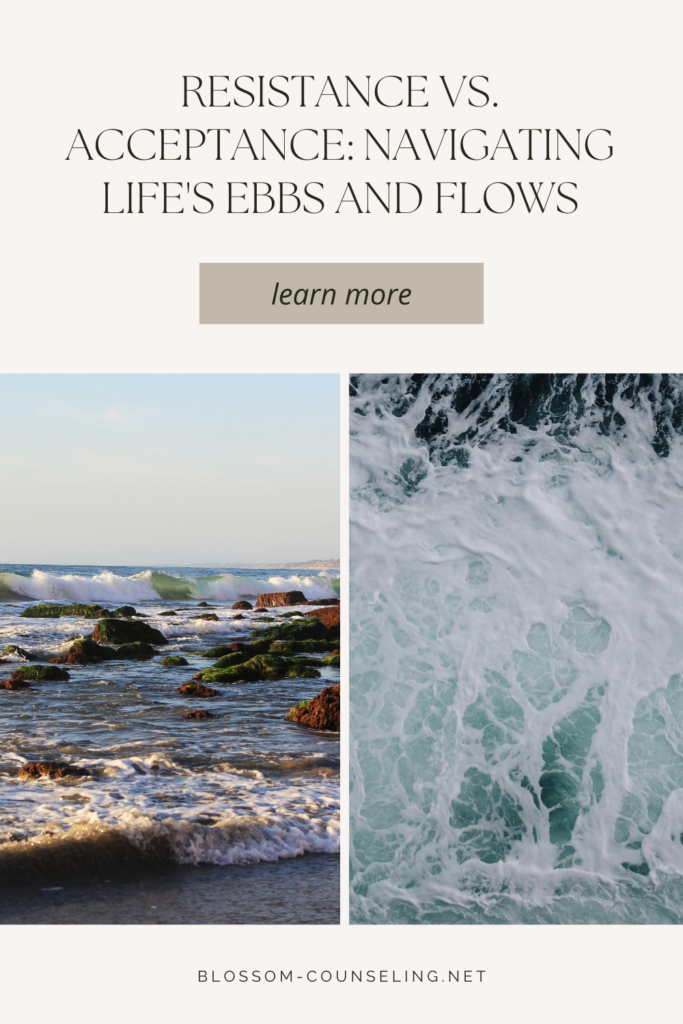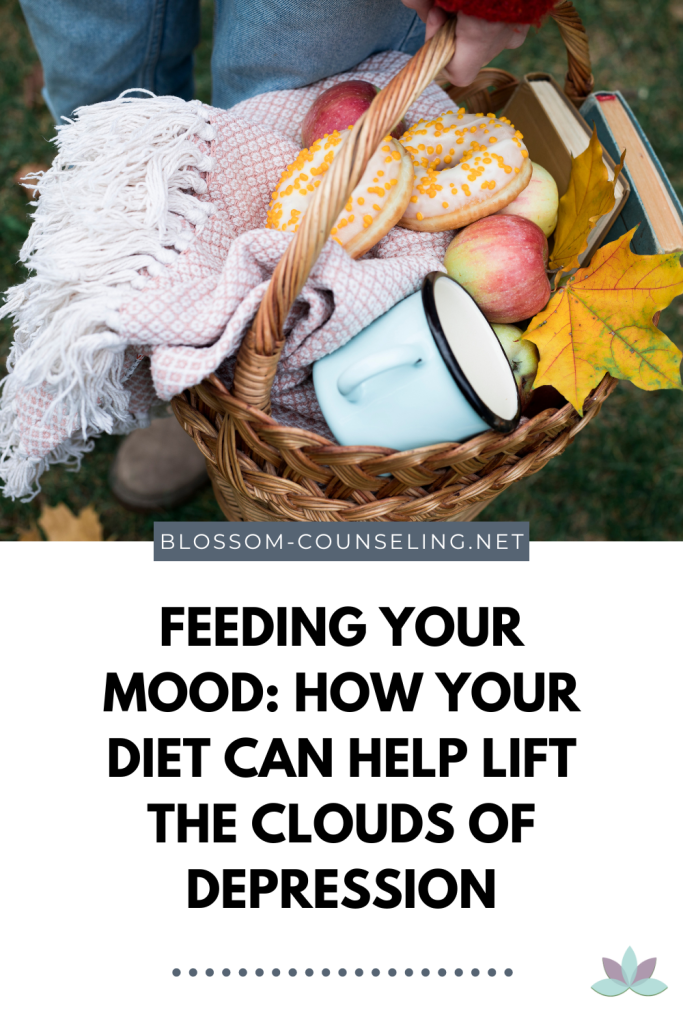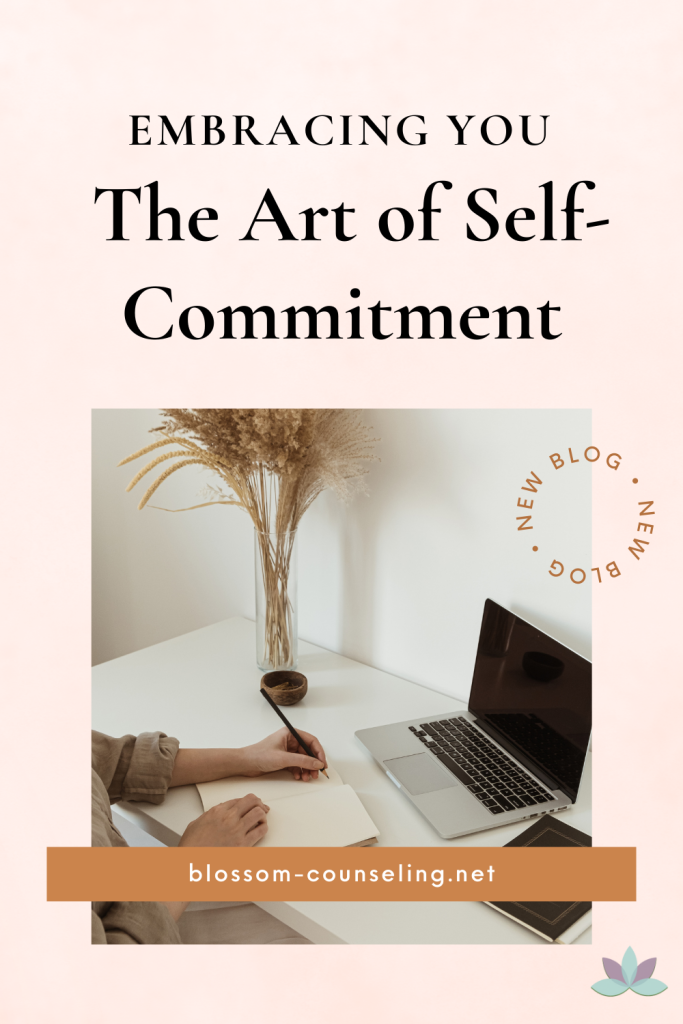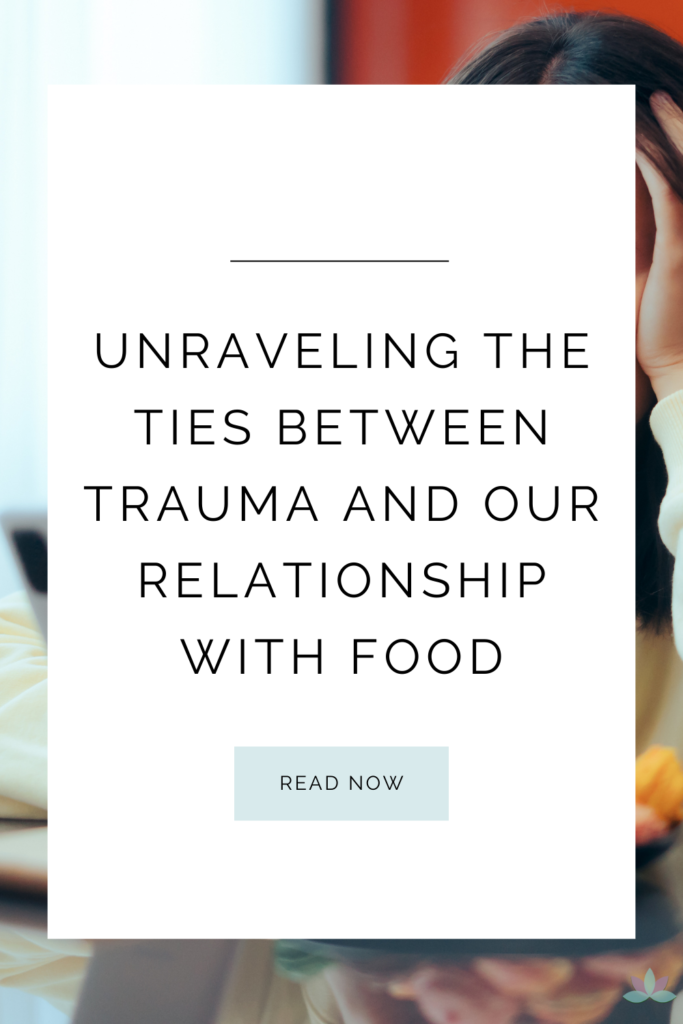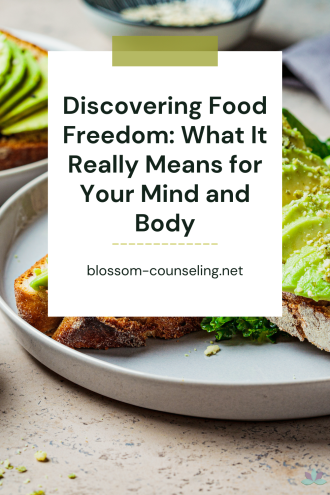 Food freedom is a term that’s buzzing in wellness circles, but what does it actually mean? Spoiler: it’s not about ditching structure or ignoring nutrition. It’s about creating a healthy, sustainable relationship with food—one that works for you, not against you.
Food freedom is a term that’s buzzing in wellness circles, but what does it actually mean? Spoiler: it’s not about ditching structure or ignoring nutrition. It’s about creating a healthy, sustainable relationship with food—one that works for you, not against you.
At its core, food freedom is the absence of guilt, shame, or anxiety around eating. It’s letting go of rigid food rules and the constant mental math of calories in and out. Instead, food freedom invites us to listen to our bodies, honor our cravings, and trust ourselves. Sound simple? It’s not always. But it’s absolutely worth exploring.
Breaking Down the Concept
Many of us live with an inner dialogue that sounds something like this:
“I shouldn’t eat that.”
“I was so good yesterday; I deserve this.”
“If I eat this now, I’ll have to skip dinner later.”
Food freedom challenges this kind of thinking. It acknowledges that labeling foods as “good” or “bad” can create a cycle of restriction, bingeing, and guilt. When we grant ourselves unconditional permission to eat, the “forbidden” foods lose their power. Suddenly, a cookie is just a cookie—not a test of your self-control.
It’s Not a Free-for-All
Let’s clear up a common misconception: food freedom isn’t about eating whatever you want, whenever you want, without any thought. It’s about tuning into your body’s cues and understanding the difference between physical hunger and emotional hunger. It’s not about ignoring nutrition; it’s about balancing satisfaction with nourishment.
When you embrace food freedom, you can enjoy a slice of pizza without mentally tallying how many miles you’ll need to run tomorrow. You can savor a salad because it genuinely feels good to eat something fresh and nutrient-packed—not because you’re punishing yourself for last night’s dessert.
Why It Matters
The pursuit of food freedom can significantly improve mental health. Diet culture often leads to disordered eating habits, body dissatisfaction, and anxiety around food. Constantly monitoring what you eat or feeling “out of control” around food can take a toll on your emotional well-being.
When you make peace with food, you free up mental space for more important things—like connecting with loved ones, pursuing hobbies, or just living your life without a side of guilt.
How to Get There
Achieving food freedom is a journey, not a destination. Here are some steps to get started:
- Ditch the Diet Mindset: Recognize that diets often create more problems than they solve. Instead of restriction, focus on what feels good to your body.
- Practice Mindful Eating: Pay attention to hunger and fullness cues. Eat without distractions when you can.
- Challenge Food Rules: Notice when you’re labeling foods as “good” or “bad” and ask yourself why.
- Seek Support: Working with a therapist, dietitian, or support group can help you unlearn harmful beliefs about food.
Food freedom is deeply personal. It’s about redefining what health means for you, without external judgment or arbitrary rules. It’s not always easy, but it’s a way to step off the rollercoaster of diets and onto solid ground—a place where you can enjoy food and life in harmony.

